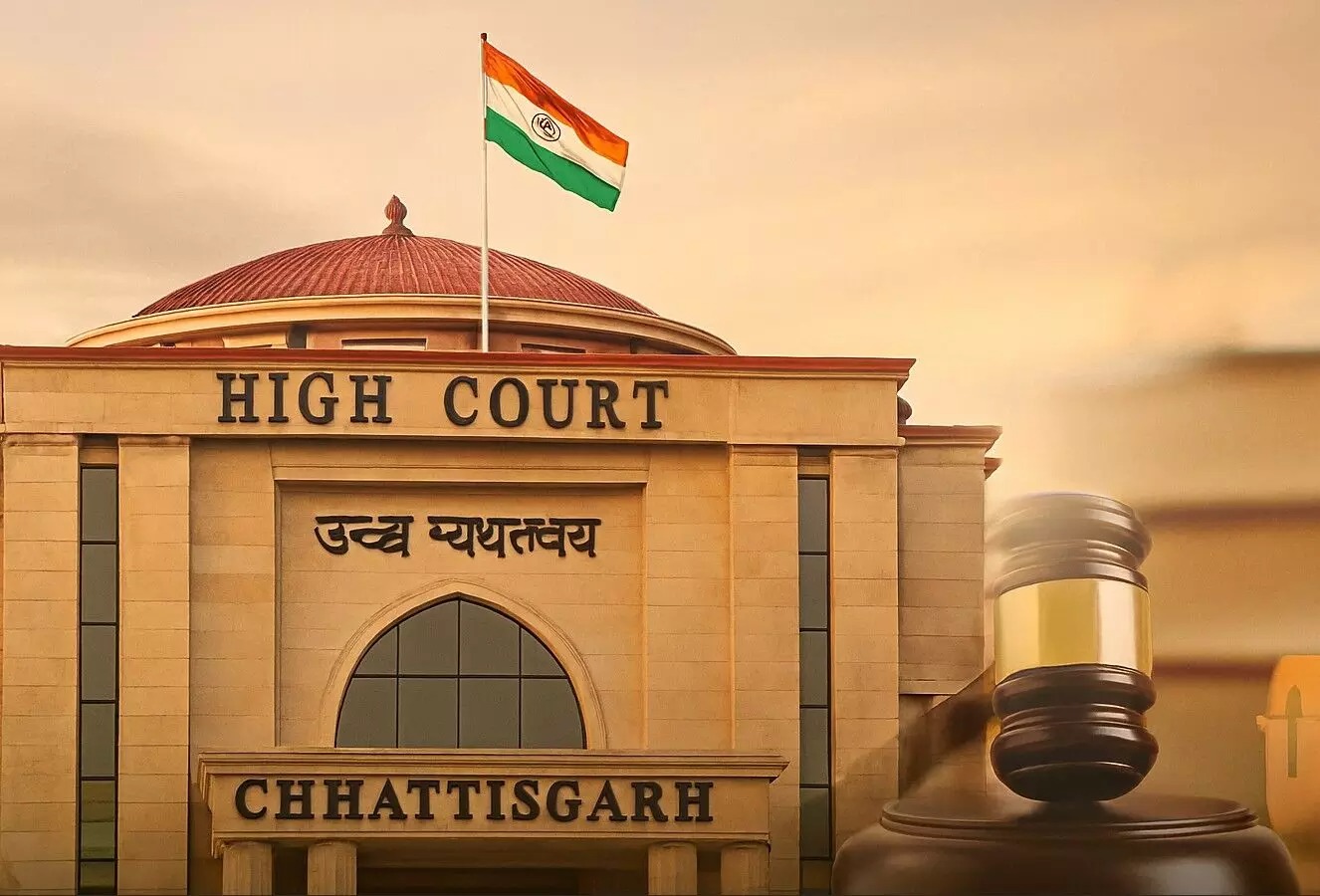Chatterji, J.@mdashThe respondent brought a suit for money on the basis of a hand-note against the appellants and obtained a decree on compromise. By the terms of the compromise it was agreed that the respondent shall get the sum of Rs. 5,900 and odd from the appellants and the plaintiff respondent will get a decree for the said amount. It was further stipulated that a certain property described in schedule ka would remain hypothecated by way of security for the said decretal amount or the instalments mentioned therein, the plaintiff-respondent would be competent to realize the entire amount due by taking out execution of the decree and by the sale and attachment of the property described in schedule ka. There was default in the payment of instalments and in consequence the respondent put the decree into execution and proceeded to attach and sell the property described in schedule ka of the compromise decree. Thereupon the appellants filed an objection before the learned Subordinate Judge to the effect that the respondent was not entitled to put the property to sale without obtaining a decree for sale thereof in a mortgage suit to be specifically brought by him for the purpose. The learned Subordinate Judge has negatived this contention on the ground that the provisions of the Transfer of Property Act have no application to the Sonthal Parganas. There is no doubt that the Transfer of Property Act has not been extended to the Sonthal Parganas and, therefore, the contention can have no substance. Assuming that the provisions of the Transfer of Property Act have been extended to the Sonthal Parganas and the appellants are entitled to raise the point, there is no force in this contention by reason of Order XXXIV, Rule 14, Sub-rule (i). This rule provides that "Where a mortgagee has obtained a decree for the payment of money in satisfaction of a claim arising under the mortgage, he shall not be entitled to bring the mortgaged property to sale otherwise than by instituting a suit for sale in enforcement of the mortgage."
2. This rule would not apply unless the decree obtained is for the payment of money in satisfaction of a claim arising under the mortgage. The mortgage referred to in this rule must be a mortgage existing prior to the date of the decree and not one created by it.
3. As laid down by Chapman, J. in Brajasunder Deb v. Sarat Kumari 38 Ind. Cas. 791 : 2 Pat. L.J. 55 60 : (1917) Pat. 67 : 3 P.L.W. 202 60 P. L.J. the words "A decree for the payment of money in satisfaction of a claim arising under the mortgage" make it clear that the decree referred to must be a decree subsequent to the creation of the security. In other words the Immovable property must have been made a security for the payment of the money before the money decree was obtained, otherwise the provisions do not apply and the appellant has no case. Reference may also be made to the case of Ambalal Bapubhai v. Narayan Tatyaba 51 Ind. Cas. 929 : 43 B. 631 : 21 B. L.R. 698 where a decree for money directed the defendant to pay a sum of money to the plaintiffs and further declared a first charge and a lien on the Immovable property of the defendant. In execution of the decree the plaintiffs applied to sell the property charged, and it was held that the plaintiffs had the right to bring the property charged to sale in execution proceedings and that no separate suit for the sale of the property was necessary.
4. On behalf of the appellants reliance was placed on the case of Hem Ban v. Bihari Gir 28 A. 58 : (1905) A.W.N 189 : 2 A.L.J. 479 and also the case of Aubhoyessury Dabee v. Gouri Sunkur Panday 22 C. 859. Both these cases were decided under the Transfer of Property Act before the amendment. In the present section the words "claim arising under the mortgage" have been substituted for the words "any claim whether arising under the mortgage or not." Therefore, these rulings have no application to the present law. Besides in the Calcutta case there was no provision that in default of payment of the decretal money the same shell immediately become due and realizable by execution by the attachment and sale of the property set forth in the schedule as in the present case. However that may be, the contention raised by the learned Vakil for the appellant has no force, firstly, on the ground that the Transfer of Property Act has no application to the territory in which the decree was sought to be executed and, secondly, under Sub-rule (2), Rule 14, Order XXXIV Civil Procedure Code, nothing in Sub-rule (1) shall apply to any territories to which the Transfer of Property Act has not been extended. Besides the construction of Order XXXIV, Rule 14 as indicated by me perfectly negatives the proposition raised by the appellant. Accordingly the appeal is dismissed with costs.
Adami, J.
5. I agree.

